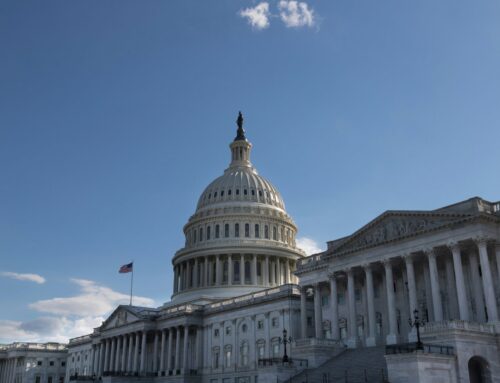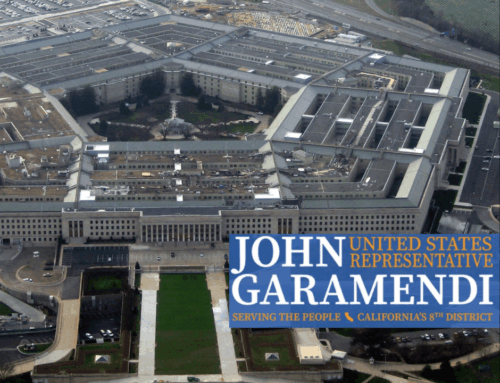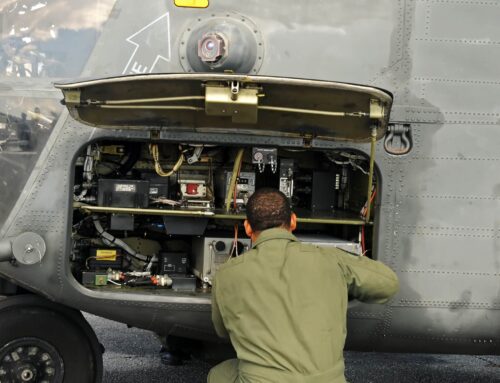The House Committee on Rules received about 320 amendments drafted by Members of Congress who want their ideas regarding the Defense authorization bill for fiscal year 2015 considered during floor debate.
The Rules Committee is not a body well known outside Washington. Rules is sometimes referred to as the “traffic cop” in the House. Before most legislation can proceed to the floor, it must go through the Rules Committee where a “rule” is crafted allowing for the consideration of that legislation on the House floor. There is no similar mechanism in the Senate. Members who wish to offer amendments to legislation must file carefully drafted amendments with the Rules Committee. The committee then decides the fate of each potential amendment based, at least in part, on whether the amendment is germane to the underlying piece of legislation.
Here is what the Committee website says about germaneness, “The basic element of the germaneness rule is the requirement that an amendment address the same subject as the underlying bill. The text of the rule has remained the same since it was last amended in 1822. The purpose of the rule is to provide for the orderly consideration of amendments to bills and resolutions by requiring a relationship between the amendment and the matter being amended.” (Emphasis in the original.)
But then there is this, also from the Committee’s official website, “The Committee is commonly known as ‘The Speaker’s Committee’ because it is the mechanism that the Speaker uses to maintain control of the House Floor, and was chaired by the Speaker until 1910. Because of the vast power wielded by the Rules Committee, its ratio has traditionally been weighted in favor of the majority party…”
And finally, “The Committee has the authority to do virtually anything during the course of consideration of a measure, including deeming it passed. The Committee can also include a self- executed amendment which could rewrite just parts of a bill, or the entire measure. In essence, so long as a majority of the House is willing to vote for a special rule, there is little that the Rules Committee cannot do.”
So, now, back to H.R. 4435, the National Defense Authorization Act for Fiscal Year 2015”. From that original pool of more than 300 ideas, the committee selected about half of them for discussion, and potential votes, on the House floor.
One of the amendments, offered by Rep. Smith, the ranking Democrat on the committee that originated the legislation, would have authorized a round of base closure in 2017, as requested by the Pentagon in its budget submission. Astonishingly, even though closing bases is clearly germane to the underlying bill, Mr. Smith’s amendment was not ruled in order.
On the other hand, an amendment to prohibit funds, “for this Administration to conduct it’s (sic) anti-fossil fuel climate change agenda” and an amendment to delay certain actions by an Assistant Secretary of Commerce until, “GAO submits a report to Congress on the role of the NTIA with respect to Internet domain name system” and an amendment saying the President should appoint an advisory board on, “toxic substances and work health responsible for overseeing a portion of the original EEOICPA legislation known as ‘Part E’” were all considered germane to the bill authorizing spending by the Pentagon.
No matter what your views are on climate change, toxic substances at work, or domain name control, this appears to be more about the Speaker, “maintain(ing) control of the House Floor” than it is about issues actually being germane to the Pentagon. Because there is almost nothing more germane to the Pentagon than military bases.
This was another missed opportunity to deal with the issue of reducing unnecessary base infrastructure. And we think that makes no sense for the taxpayer.










